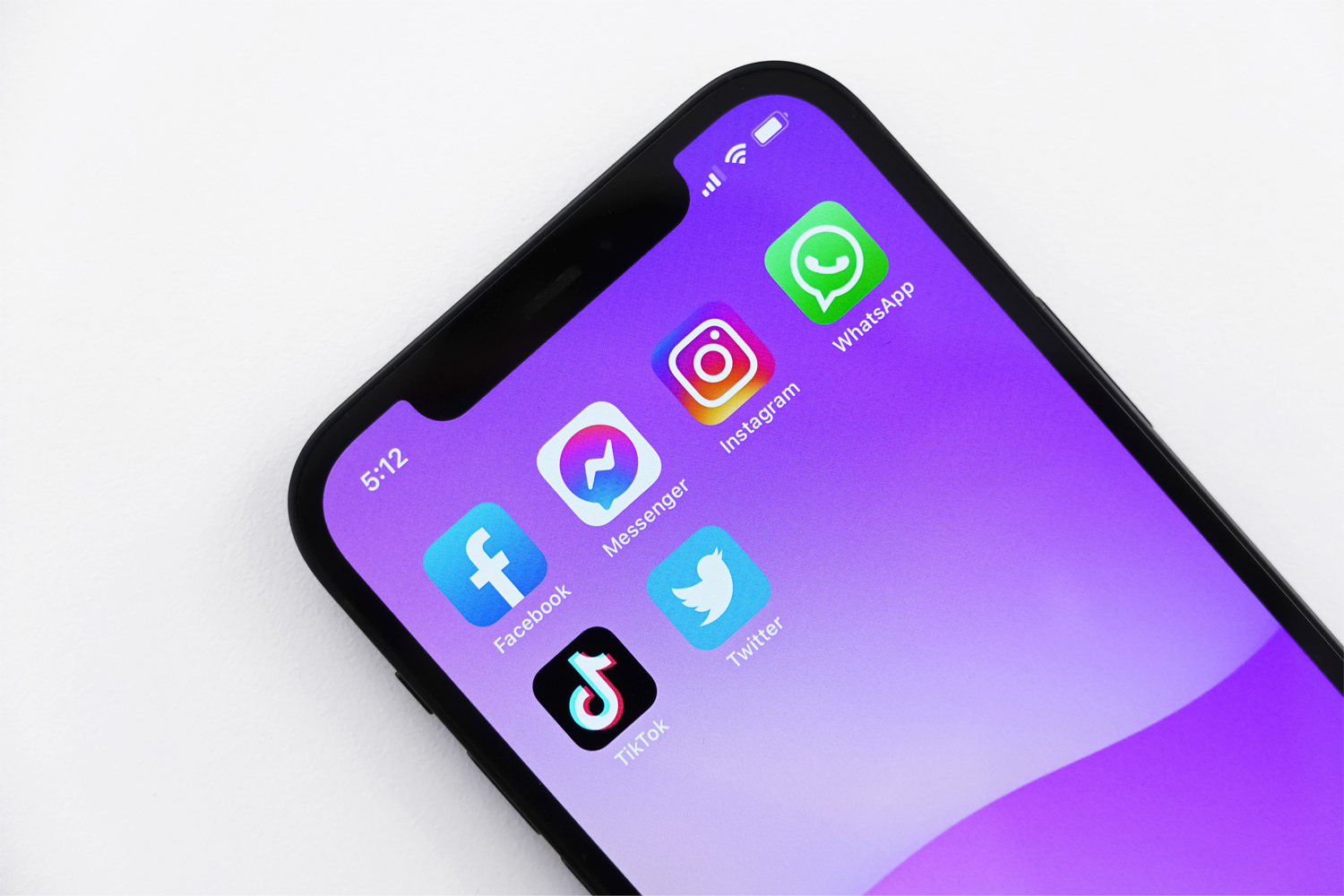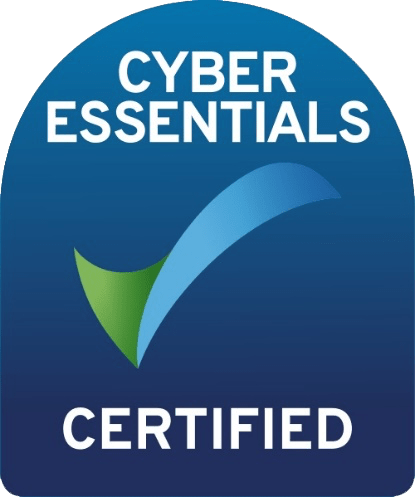Social media can be great for staying in touch with friends and family or keeping up to date with the latest news. However, it is important that you be careful with what personal information you share online to protect yourself from criminals, bots, third parties, and cyber criminals. The good news is that there are several things you can do to protect yourself and your data online.
Limit Your ‘About Me’ Section
Treat all the fields in your profile’s ‘About Me’ section as optional. You should be particularly careful with this section as it is often visible to people who are not your friends or who do not follow you. By only completing the mandatory fields, you are limiting the amount of information available to your friends and the public.
Tighten Your Privacy Settings
Spend some time going through social media platforms’ privacy settings. Make sure that you know who can view your profile, your tagged photos, and your posts. You should also consider who you allow sending friend requests to you to reduce the risk of imposters of your real friends and family.

Limit Your Friends
The more friends, followers, or connections you have on social media, the harder it is to control the spread of your information. By only accepting requests from your closest family and friends, you can be assured that only the people you trust can see your information. It is important that you only accept requests from people you know in real life. You should also be wary of imposter accounts. You should be suspicious of new accounts for your family and friends and discuss them with them before accepting any friend requests.
Use Strong Passwords
Passwords for social media accounts should be strong, and difficult for others to guess. They should be a combination of upper and lower-case letters, numbers, and symbols, and should not contain information such as pet and children names or birthdays. Passwords should also be unique to each account so that if someone or a bot guesses one, they only have access to one account, not all of them.
Use Two-Factor Authentication
When logging into your social media accounts, a password is not enough to keep your account secure. Most platforms will use two-factor authentication to confirm your login. This will usually use a unique code sent to your phone number or email address that you will need to enter after typing in your password. This means that someone cannot access your account using your password alone, they will require an additional factor to gain access, reducing the risk of your account being hacked.
Read & Understand the Privacy Terms
Each social media platform will have its own privacy terms stating how it uses your data. Before registering for an account, you should take the time to read the privacy terms ensuring that you understand what they mean for you and your personal data. You should also check that the platform does not share your data with third parties.
Avoid Third-Party Apps
Third-party apps on social media platforms such as games and quizzes are common. You should avoid clicking on any links relating to third-party apps as these are separate websites to the social media platforms and therefore do not follow their rules or privacy terms. Often these apps are used to view and use your personal data. Before using them, you should check their individual privacy terms to find out how they will use your data.
Be Wary of What You Post
You should always remember that once you post something online, it stays online. Think twice before posting a status that may upset someone or posting a picture you wouldn’t like certain members of your family seeing.
Don’t Share Your Location
You should avoid posting your location on social media as this tells everyone you are friends with or who follows you that you are not at home. If people you do not trust has access to this information, you increase the risk of burglary and crime at your home. Instead, wait until you are at home before sharing your holiday or party photos with your friends and family. You should also avoid posting regular routines on your accounts as this can tell criminals where you are likely to be, and when you are not at home.
Always Log Out
When using public computers, or devices that others have access to, it is important to remember to log out when you are finished using social media websites and apps. This makes sure that no one else has access to your account. They will not be able to access your profile, information, or friends, or be able to change your password and lock you out of your account.
If you’d like more advice on how to protect yourself online, contact our IT support team.
Share This Post:
About Carrera UK
Carrera UK provide IT support, IT services, and telecoms to small businesses in Portsmouth & Southampton in Hampshire, and across the South of England.
We offer a complete suite of IT and telecoms service solutions for small and medium-sized businesses, including IT support, cyber security, email and Microsoft 365 services, VoIP business phones, and lease IT equipment.
We know how important IT is to your business and we will work hard as your trusted IT and telecom service provider to find the best solutions for you. Our IT support and solutions give you the assurance that your business technology will be robust, reliable, and cost-effective.



